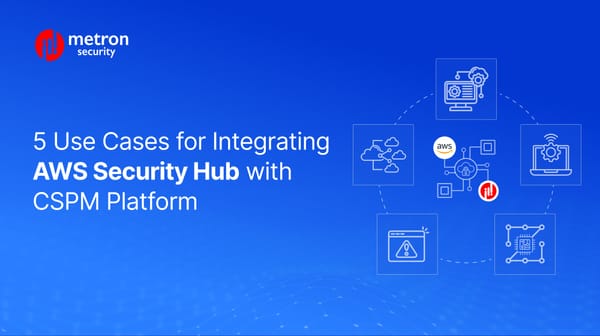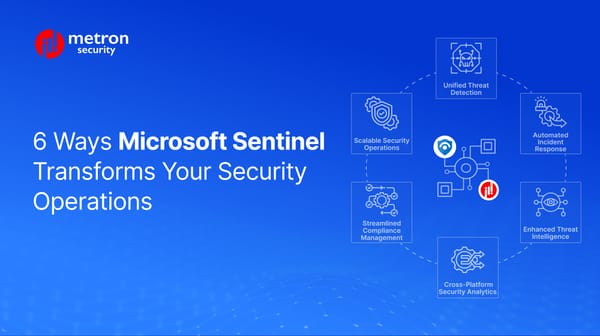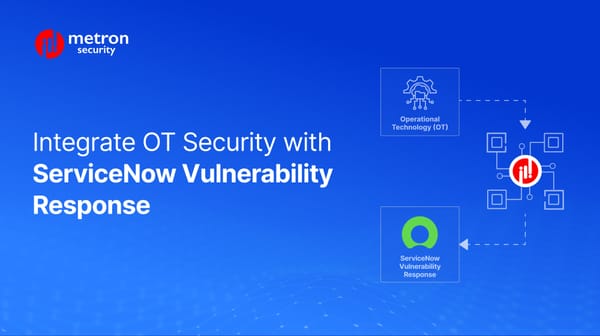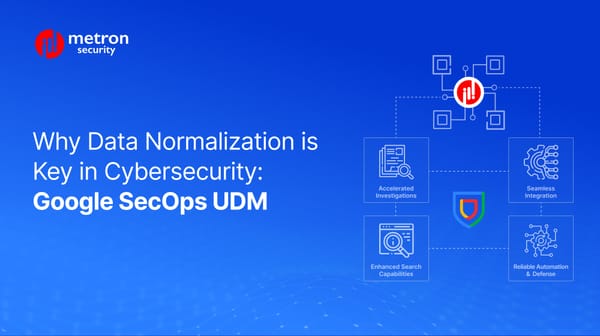5 Essential Use Cases for SOAR Integration within your SOC
Companies are increasingly automating essential security operations center (SOC) tasks. In the following guide, we outline 5 SOAR use cases for your SOC.
Alexander Nachaj
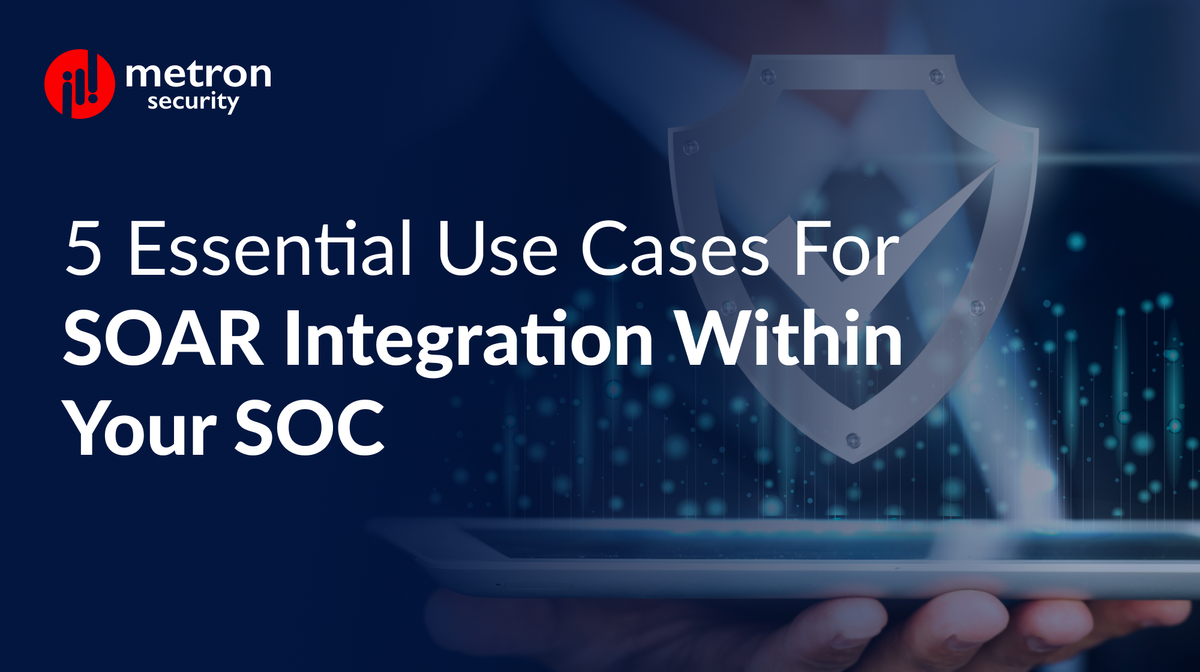
Companies are increasingly automating essential security operations center (SOC) tasks. Well charted integrations have the capacity of boosting their response speed as well as decision making capabilities in threat identification and remediation. Security Orchestration, Automation, and Response (SOAR) technologies play a vital role in automating these security workflows.
In the following guide, we outline 5 SOAR use cases for your SOC.
1. Case Management Efficiency
Detecting security threats across multiple tools can be time-consuming. Adding a SOAR to your SOC streamlines this process by consolidating disparate data into a cohesive narrative of correlated events. Case managers can swiftly identify critical threats, reducing the time to detect and respond through a combination of automation and human analysis.
2. Automated Data Enrichment
SOAR platforms enhance your enrichment process by connecting various databases and threat intelligence tools for added incident context. This can greatly accelerate your SOC team's ability to parse, verify, triage, and respond both accurately and efficiently. In effect, a strong SOAR playbook can save time without compromising the depth of any inquiry.
3. Coordinate with Threat Intelligence
SOAR platforms daily process vast amounts of IOCs from diverse sources like internal and external threat feeds, malware tools, SIEM systems, and more. These platforms efficiently coordinate, aggregate, and highlight alerts, ensuring a unified approach to detecting and addressing suspicious IOCs.
4. Threat Hunting
Threat hunting has been traditionally time-consuming for human analysts due to the continually expanding threat landscape. Fortunately, SOAR platforms not only ingest and enrich IOCs, but also proactively engage in threat hunting. This can help narrow down the scope of future threat hunts by actively allowing your SOAR to search for malware and suspicious domains.
5. Automated Vulnerability Management
Traditionally, SOC analysts have had to manually manage security vulnerabilities. With SOAR, numerous SOC tasks can be automated, including volume handling, monitoring, and simple responses. Your SOAR can correlate threat data across tools, assessing risk and prioritizing threats, providing a more efficient and automated approach to vulnerability management.
In conclusion, the adoption of SOAR technologies in the SOC not only signifies a shift towards efficiency and precision, but also underscores the evolving nature of cybersecurity strategies. As companies navigate the dynamic threat landscape, integrating SOAR into their security framework emerges as a strategic imperative, ensuring a robust defense against evolving cyber threats.
Considering venturing into security automation and building data enrichment processes? Metron has experience integrating SOAR within existing security ecosystems and building custom playbooks that rely on automation.
If you are considering any custom cybersecurity solution that focuses on the resources and needs of your organisation, please send a note to connect@metronlabs.com.

